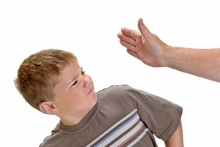On Friday April 5th, 2024, McGill Psychology Department will host Dr. Vijay Namboodiri, who will deliver a Bindra Lecture of interest to many members of the University
Main Lecture will take place at 3:30pm. Location: 522 McIntyre Medical Building. Free admission.
Reception will follow the lecture. Everyone is welcome!
For more information about the speaker please visit our website











